New Scientist covers the latest developments in science and technology that will impact your world. New Scientist employs and commissions the best writers in their fields from all over the world. Our editorial team provide cutting-edge news, award-winning features and reports, written in concise and clear language that puts discoveries and advances in the context of everyday life today and in the future.
Elsewhere on New Scientist
Dealing with monsters • In both literature and science, banning ideas that sound scary holds us back
New Scientist
Lava heads to Icelandic spa
AI can mimic individual people • The personalities of specific people have been replicated with AI agents as part of an effort to create an alternative to polling that also raises ethical concerns. Chris Stokel-Walker reports
Anger over COP29 finance deal threatens progress on carbon cuts • A reluctant deal finalised at the climate summit may not be generous enough to encourage nations to submit more ambitious climate plans, says Madeleine Cuff
Sliver of wood grown from stem cells • Culturing wood in the lab could be an alternative to felling rare trees for lumber
Ethiopian wolves may be first known carnivore pollinators
Meteorite crystal hints at hot water on ancient Mars
Photo taken of a star in another galaxy for first time
The coming quantum revolution • Computers that exploit quantum physics to speed up calculations are making great strides, find Karmela Padavic-Callaghan, Matthew Sparkes and Alex Wilkins
Chimpanzees seem to pass on technological advances to others
Analysis Public health • Are calories on menus doing more harm than good? Many restaurants in the UK and US now print a dish’s calorie count on their menu, but is this really tackling obesity, asks David Robson
Bacteria found in asteroid sample brought back to Earth – but they aren’t from space
Robotic pigeon reveals how birds fly without a vertical fin
Carbon may have helped Earth’s iron core solidify
Wild cavefish can somehow survive with almost no sleep
Einstein’s theories tested on the largest scale ever – and he was right
Heart-shaped mollusc has windows in its shell
Astronaut thinking slows in space • Effects on working memory and processing speed could be a problem for future missions
Giant hornet from Asia appears in Europe for first time
Planet 10 times the size of Earth is one of youngest ever found
Fat cells have ‘memory’ of obesity that may drive yo-yo dieting effect
A helping hand • Don’t be fooled by Elon Musk’s chatty Optimus robots. The long history of robotics should teach us to be more sceptical, says Nicole Kobie
This changes everything • How to build a better world John “Bud” Benson Wilbur isn’t often remembered today, but this forgotten civil engineer had a vision of the future we could all learn from, says Annalee Newitz
Paradise lost
Your letters
All you need to read • From Mars to the oceans, our immune systems to the sex lives of plants, New Scientist staff and writers pick their favourite popular science books of the year
Other worlds than this • Murder in space, a sexbot, a dystopian vision of the future: our science fiction columnist Emily H. Wilson picks her top five reads of 2024
Back to life • Surprising experiments that have reanimated brains and other organs suggest death could in fact be reversible. Helen Thomson investigates
Good dog! • A unique project is revealing science-based ways you can train your dog to behave better, finds Colin Barras
Test your pooch • Researchers at Duke University in Durham, North Carolina, have devised a series of games to test the cognitive abilities of dogs. Here’s a...
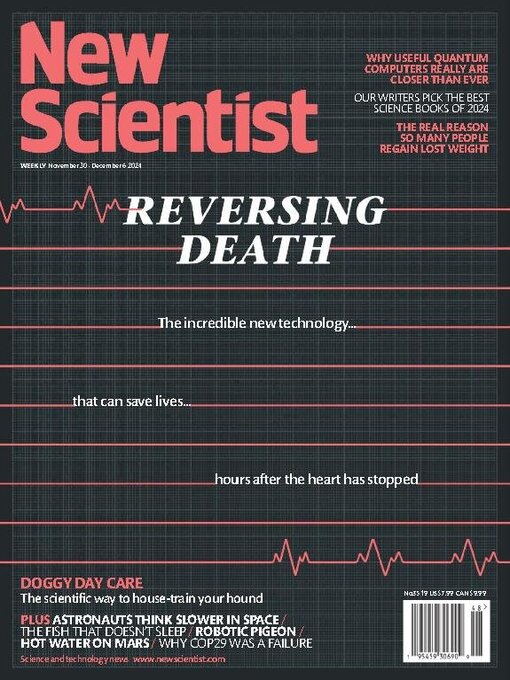
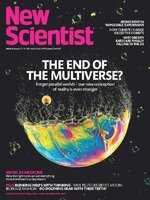 Jan 11 2025
Jan 11 2025
 Jan 04 2025
Jan 04 2025
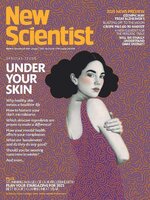 Dec 28 2024
Dec 28 2024
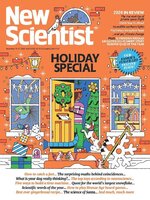 Dec 14 2024
Dec 14 2024
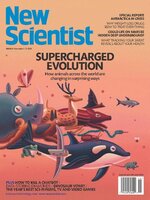 Dec 07 2024
Dec 07 2024
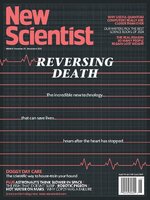 Nov 30 2024
Nov 30 2024
 Nov 23 2024
Nov 23 2024
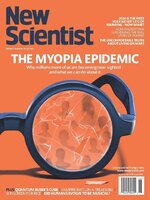 Nov 16 2024
Nov 16 2024
 Nov 09 2024
Nov 09 2024
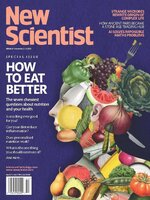 Nov 02 2024
Nov 02 2024
 Oct 26 2024
Oct 26 2024
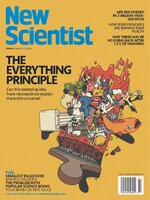 Oct 19 2024
Oct 19 2024
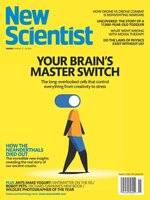 Oct 12 2024
Oct 12 2024
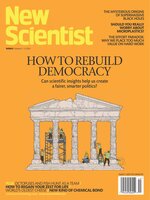 Oct 05 2024
Oct 05 2024
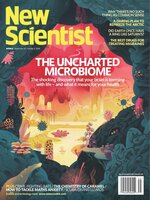 Sep 28 2024
Sep 28 2024
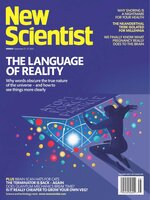 Sep 21 2024
Sep 21 2024
 Sep 14 2024
Sep 14 2024
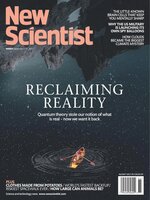 Sep 07 2024
Sep 07 2024
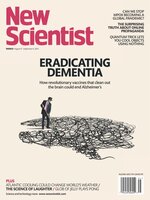 Aug 31 2024
Aug 31 2024
 Aug 24 2024
Aug 24 2024
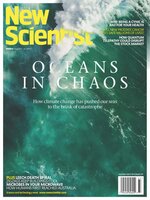 Aug 17 2024
Aug 17 2024
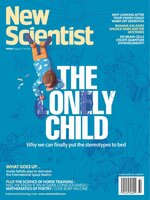 Aug 10 2024
Aug 10 2024
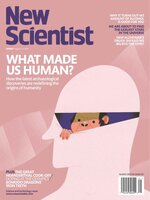 Aug 03 2024
Aug 03 2024
 Jul 27 2024
Jul 27 2024
